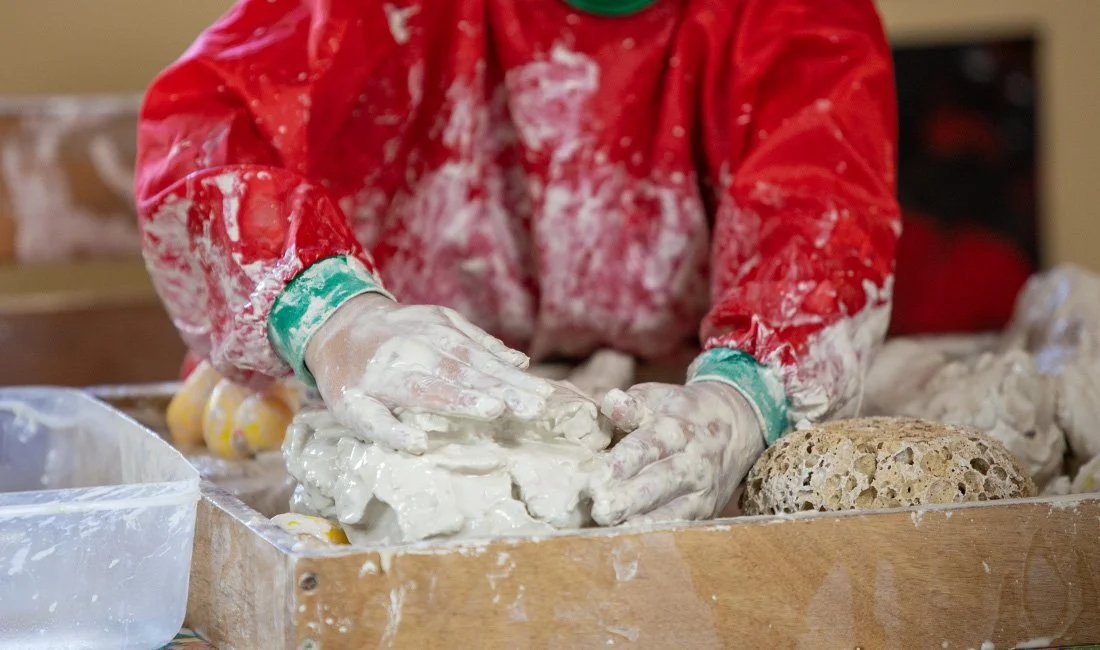At the core of life is a permanent feedback loop between sensory perception of the environment and our response to such information through active motor impulses. Complex early childhood trauma severs or distorts the feedback loop between sensory perception and motor impulses. Clients either act out with lots of motor impulses, but have dissociated the sensory feedback loop, so internally nothing ever arrives. Or they act in, being hyper alert, “oversensitive”, but have shut down most active impulses to fly underneath the radar to stay safe.
Read MoreWhen the earthquake shook an area the size of Portugal in southeast Turkey and northern Syria, at least 56 thousand people died, 126 000 suffered non-fatal injuries and at least 2.6 million people were displaced. I was asked by the Psychology Department of Ibn Haldun University in Istanbul to speak about trauma-informed strategies to support large groups affected by a natural disaster. An event such as this earthquake is overwhelming for all involved, even the news were overwhelming to watch. And while the world by now has turned elsewhere, the aftershocks for those millions directly affected will last for years, if not a lifetime…
Recently I stumbled on a collection of studies by Dr Jess Bone, a Research Fellow in Statistics/Epidemiology in the Department of Behavioural Science and Health (UCL) and a member of the World Health Organisation Collaborating Centre on Arts and Health. Bone has conducted extensive research with colleagues on the arts and well-being.
These studies include all the arts and not necessarily arts as therapy…
Read MoreStudents all over the world learn theory in large, anonymous lecture halls, but then need to practice in small group tutorials. No junior doctor would be allowed to treat patients without the hands-on experience gained in practice sessions. The extensive use of PowerPoint presentations tends to dominate all conferences as a way of managing large groups, and it is the preferred teaching medium online. Zoom has made it possible to facilitate international tutorials over the past 18 months in ways unimaginable not long ago.
Much theory can be communicated in this way; however, our emotional brain craves the connection with others, and our brainstem needs the action patterns of practical application in order to integrate insights. Emotional connection, sensory awareness and the practice of new action patterns all benefit from small group learning.
Read MoreStudents all over the world learn theory in large, anonymous lecture halls, but then need to practice in small group tutorials. No junior doctor would be allowed to treat patients without the hands-on experience gained in practice sessions. The extensive use of PowerPoint presentations tends to dominate all conferences as a way of managing large groups, and it is the preferred teaching medium online. Zoom has made it possible to facilitate international tutorials over the past 18 months in ways unimaginable not long ago.
Much theory can be communicated in this way; however, our emotional brain craves the connection with others, and our brainstem needs the action patterns of practical application in order to integrate insights. Emotional connection, sensory awareness and the practice of new action patterns all benefit from small group learning.
Read MoreHaptic perception is the perception through touch. Our hands are superbly fine-tuned perceptual instruments. They play a far more important role for art therapy than has been acknowledged so far…
Read MoreAnother COVID lockdown, quarantine requirements, back to working remotely and the ensuing social isolation have again highlighted the profoundly human need for embodied contact and touch to regulate our nervous system.
In a London hotel room a few years ago I came across an essay by filmmaker Sebastian Junger where he discusses his experiences as a journalist in an outpost in Korengal Valley in Afghanistan in 2007. He describes war from a neurological perspective stating that while no one wants war, the majority of veterans long to go back because combat gives soldiers an intense experience of connection…





